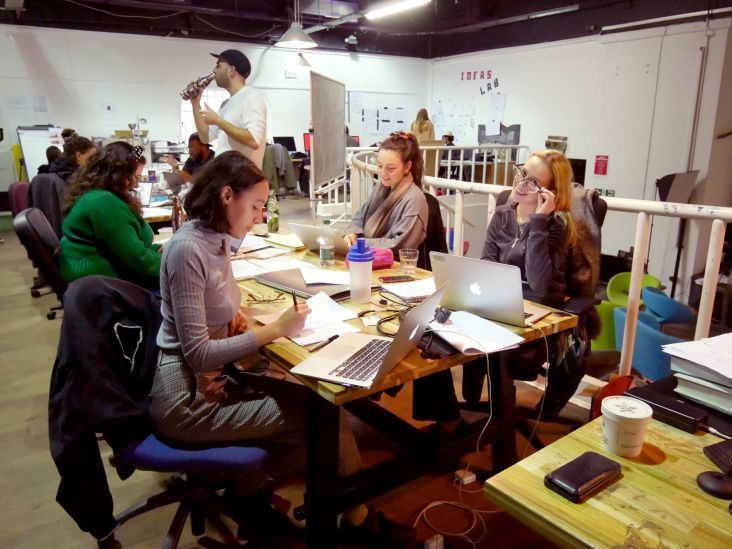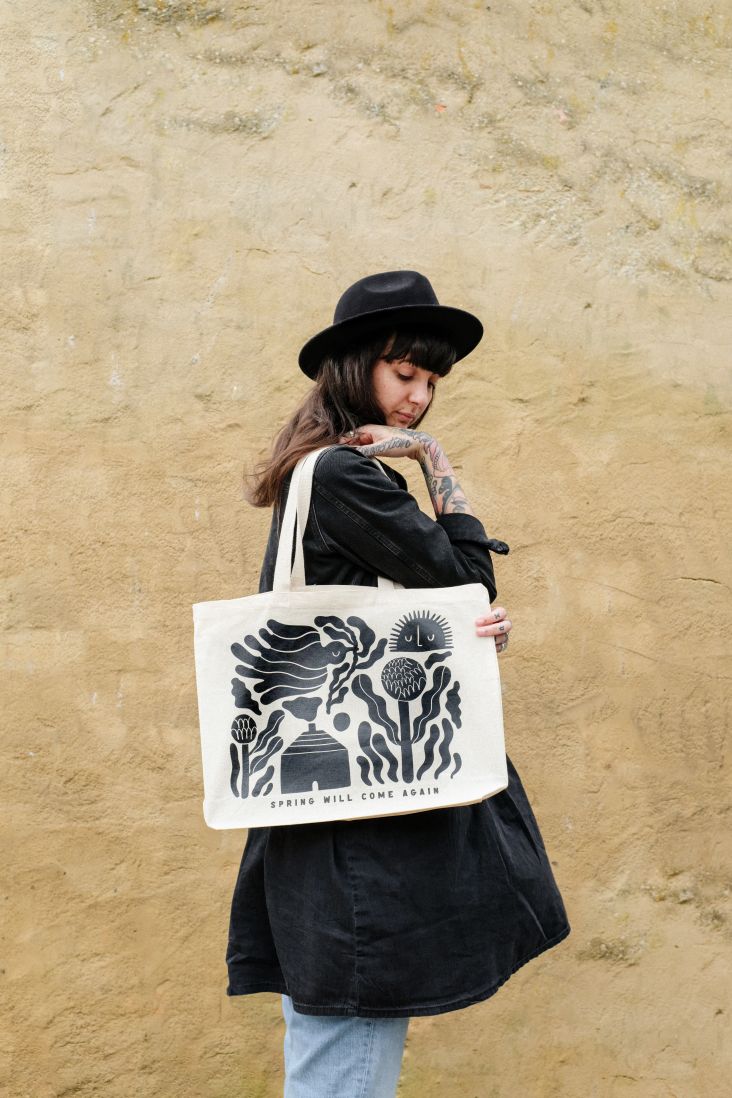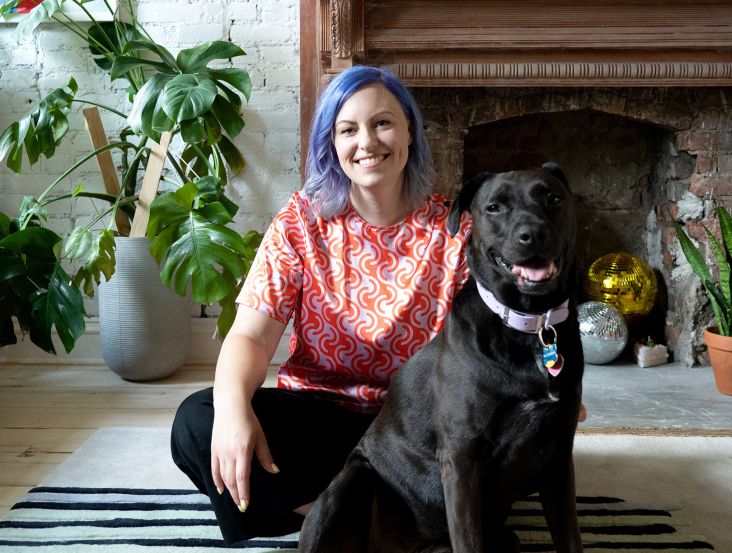How to be a great creative mentor, according to LOVE's head of strategy Neil Bennett
Neil Bennett is head of strategy at LOVE, the Manchester-based agency which has worked with brands such as Adidas, Guinness, Lucky Charms and Nike. Here, he gives his advice on how established creatives can be great mentors to those who are getting into the industry.
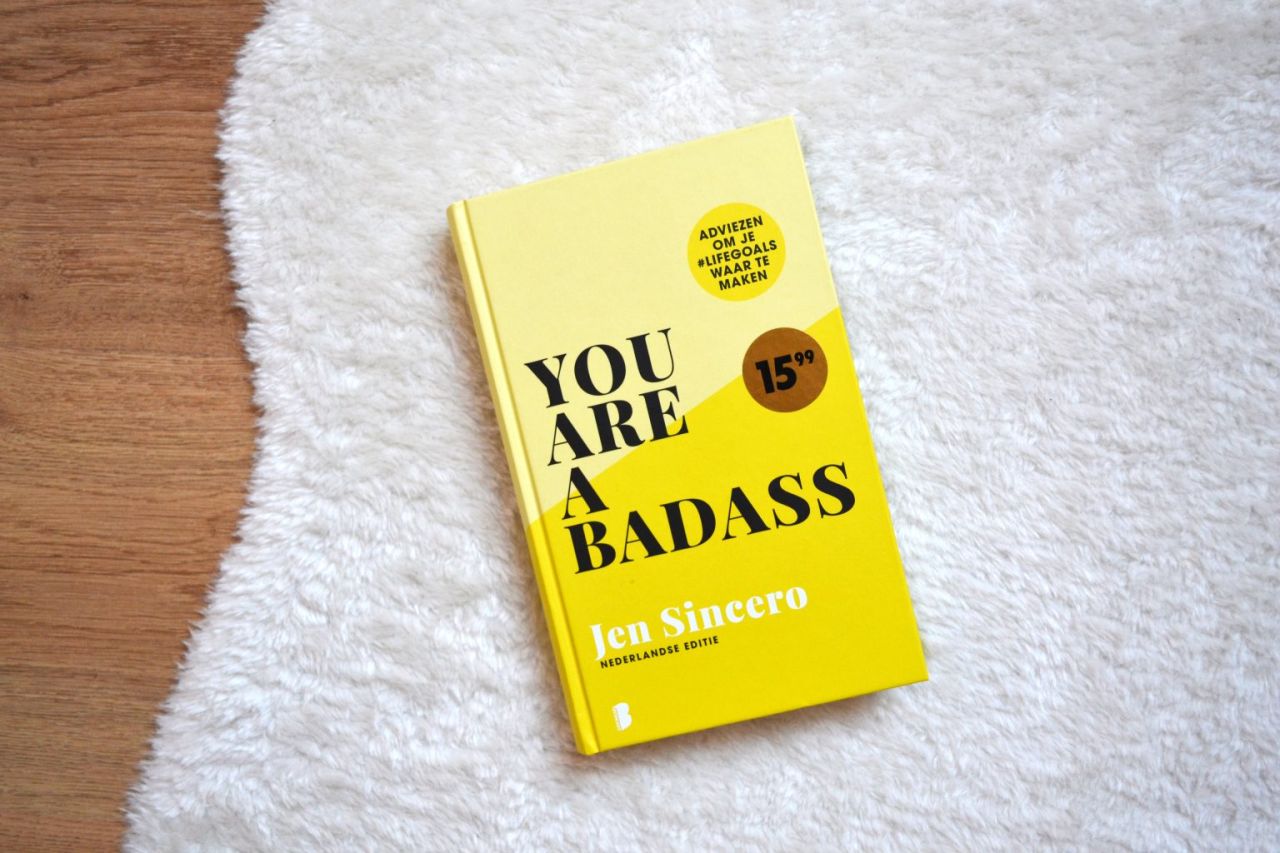
You are a badass (image courtesy of Freelennse blog book review)
The creative industry is fast-paced, high-energy and competitive. While on the one hand, this makes for an exciting sector to work in, on the other, it can make the day-to-day a real test – especially early on in your career.
A great mentor can help navigate this. Most people who have grown through the industry will be able to name their first—or most memorable—mentor. The person that advised and nurtured or pushed and guided them to get them where they are today. Each generation has a responsibility to give back and learn new things in return.
So, how can you help creative talent thrive and arm them with the tools they need to succeed?
1. Listen and direct
Every great mentor I've had has been a good listener, and this interaction has built a trusting relationship that is both honest and direct.
As a mentor, you need to listen intently, pose the right questions, and dig deeper. As well as listening to what your mentee is saying, listen to what they're not saying and use your experience to read between the lines. Only then can you really understand what they're hoping to achieve and how you can help them get there.

Neil Bennett
2. Tool them up
Allow them to be creative and thrive. It's about providing the simple tools and frameworks to explore their vision and hit their goals. Newcomers want to develop better ideas, so show them new ways to look for inspiration and alternative platforms where they might find this.
If they want to become better at pitching creative thoughts, share your finest pitching techniques. Suggest a seminar to attend. Give them a book to read. Hook them up with other people they can learn from.
I once had a mentee who wanted to develop her confidence and gravitas. In this scenario, a creative or strategy book wouldn't solve the problem, so I recommended more of a motivational book: You are a badass by author Jen Sincero. While it may not be the right guidance book for everyone, it was an excellent fit for this person.
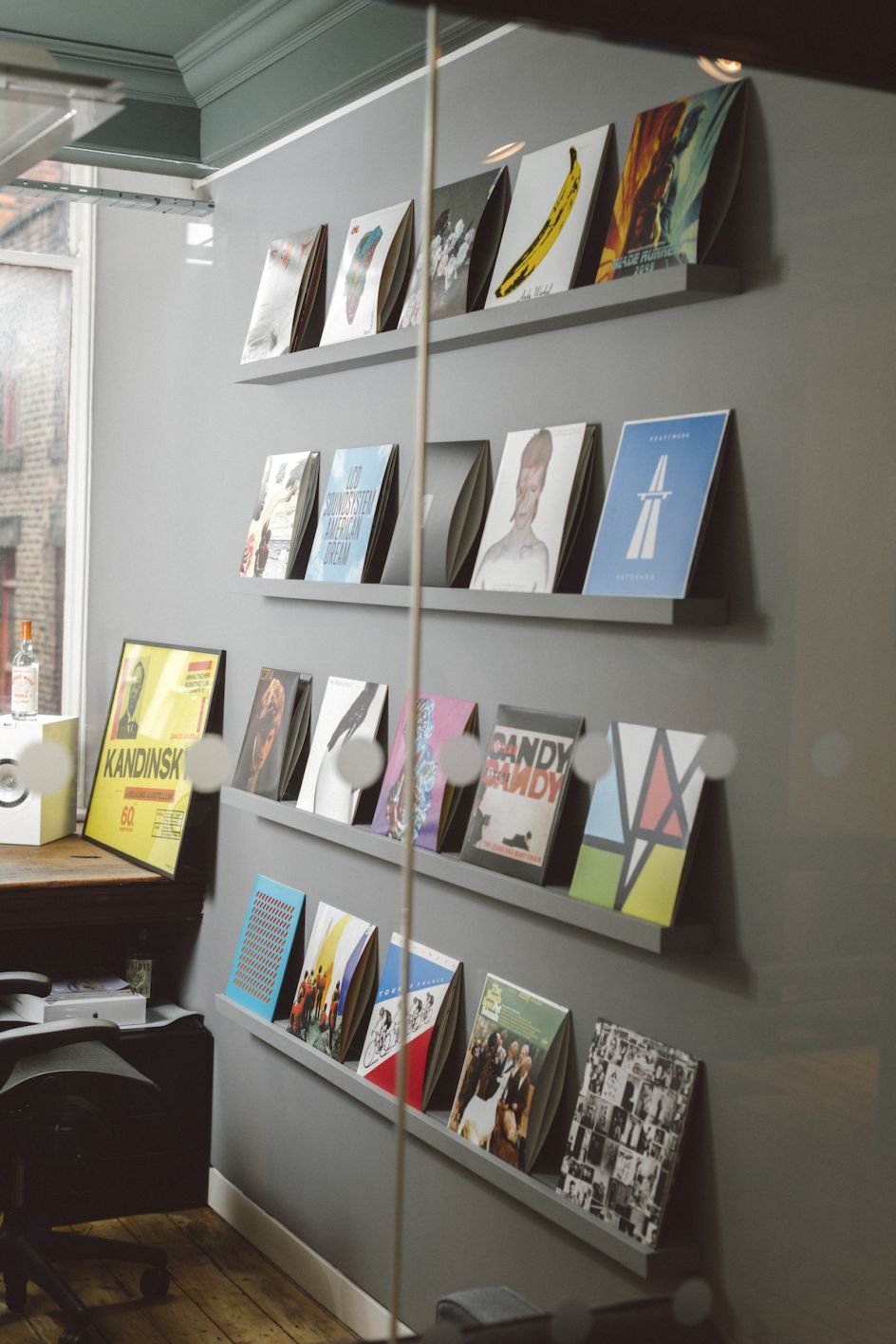
LOVE studio. Image credit: Percy Dean
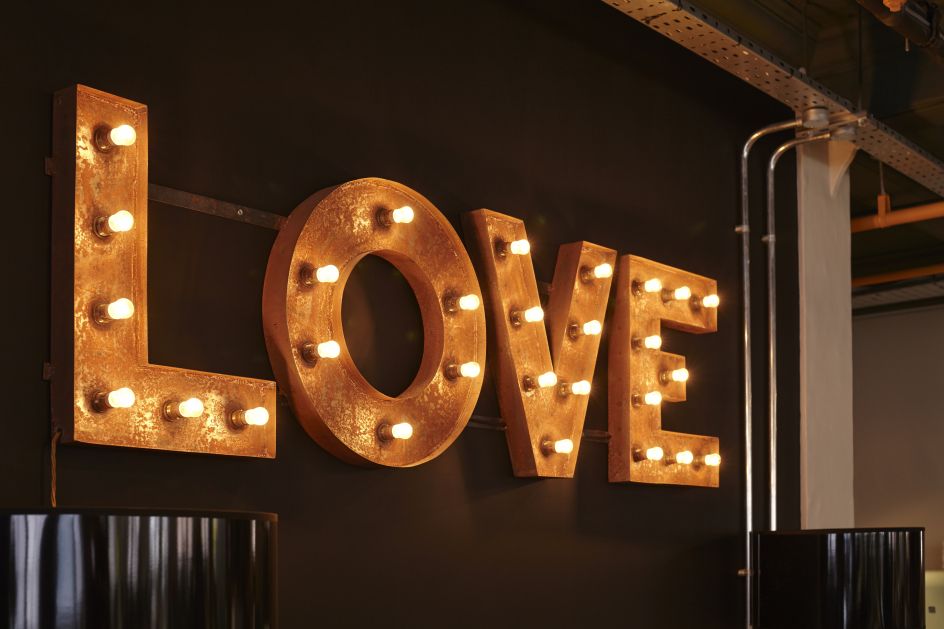
3. Warts and all stories
As a mentor, you have been in their position before and have probably experienced what they are feeling. Dig deep and bring some of those experiences and stories to the table. Revealing your warts-and-all tales of when things went wrong can be insightful.
From personal experience, this can be anything from how you deal with the rejection of losing out on a pitch to how to present to the C-Suite of leading brands when you have a ten-minute slot and a last-minute catastrophic tech failure. These are great moments of perspective, so they need to be shared. Not only does it provide people with potential lessons, but it also helps them build resilience and a sense of fearlessness, which are key in the creative world.

4. Expose them to the challenge
There is no better way to learn and grow than by getting stuck in. If you're directly managing a mentee, don't hold back—challenge them. Let them safely make mistakes. Give them a brief that is above their experience and let them learn. If you don't manage a mentee, encourage them to seek challenges and pursue higher opportunities.
At the LOVE studio, we've held tours of the agency and encouraged students from University Central Lancashire (where I occasionally lecture) to come in and take on a live brief. If you're working with students, expose them to the creative space of an agency, so they have the freedom to absorb and experience your work environment. Something a classroom can't always teach you.
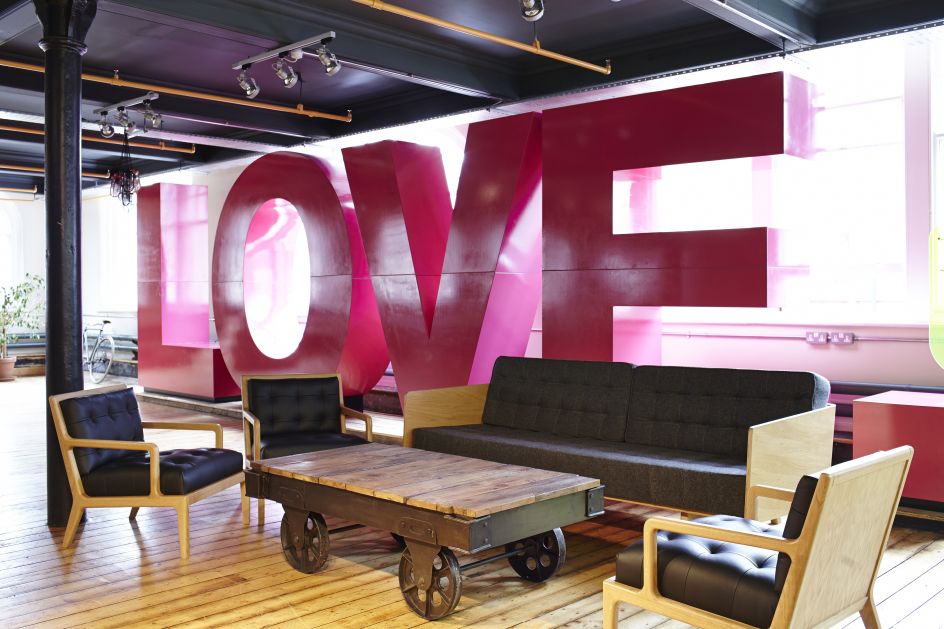

5. Enjoy the process
Finally, being a mentor isn't all about the mentee. It's about the mentor too. It's important you enjoy the process.
Of course, there's the good feeling that comes with helping people and giving back; but mentoring can also really energise you with confidence about how much you've learned, how far you've come and helped you understand yourself better.
And more often than not, you end up learning a thing or two from the person you're mentoring—especially when they're usually younger and cooler than you are.





 by Tüpokompanii](https://www.creativeboom.com/upload/articles/58/58684538770fb5b428dc1882f7a732f153500153_732.jpg)

 using <a href="https://www.ohnotype.co/fonts/obviously" target="_blank">Obviously</a> by Oh No Type Co., Art Director, Brand & Creative—Spotify](https://www.creativeboom.com/upload/articles/6e/6ed31eddc26fa563f213fc76d6993dab9231ffe4_732.jpg)









